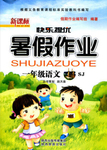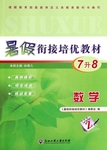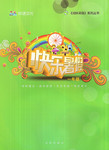题目内容
No matter how much knowledge you have, if your subject is at all ______, be careful when discussing it during your speech, or you may well offend your audience.
A. diverse B. sensitive
C. abstract D. original
练习册系列答案
 新课标快乐提优暑假作业陕西旅游出版社系列答案
新课标快乐提优暑假作业陕西旅游出版社系列答案 暑假衔接培优教材浙江工商大学出版社系列答案
暑假衔接培优教材浙江工商大学出版社系列答案 欣语文化快乐暑假沈阳出版社系列答案
欣语文化快乐暑假沈阳出版社系列答案
相关题目

